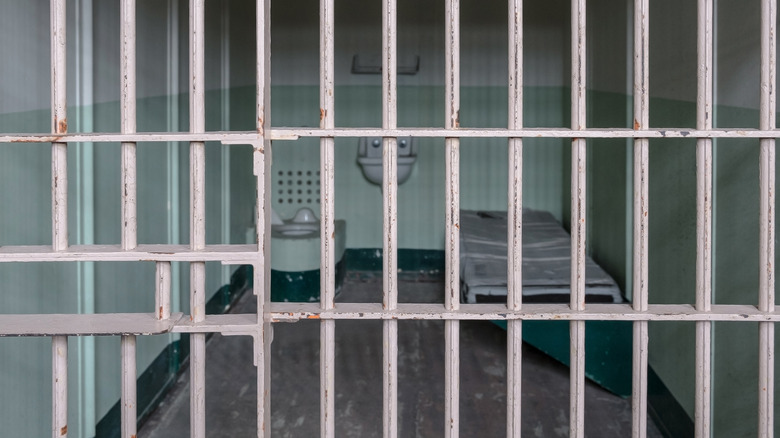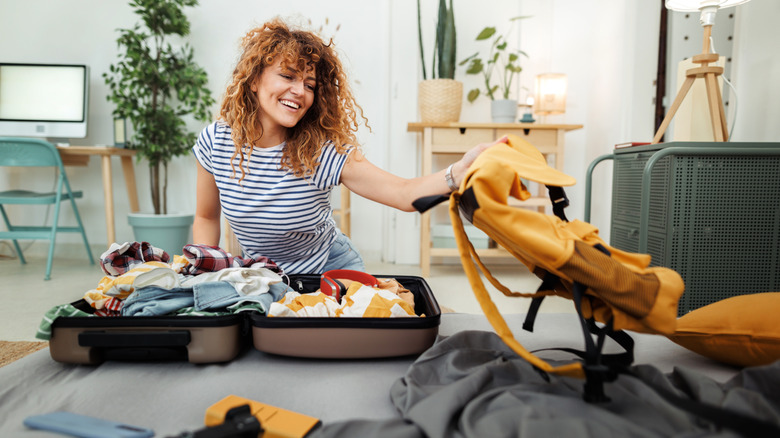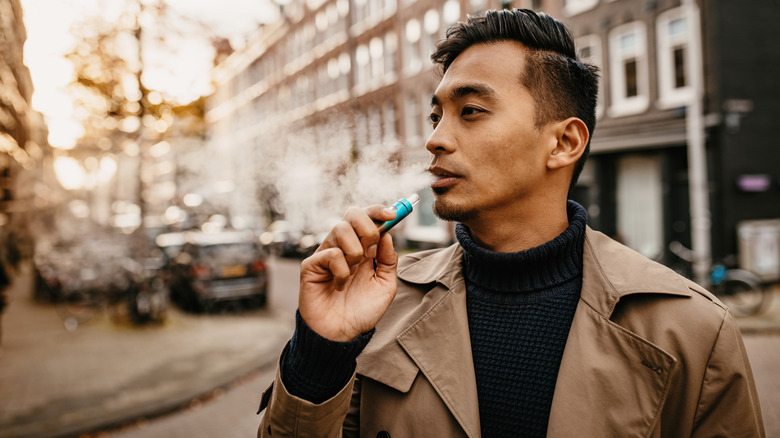Using electronic cigarettes — also known as vaping — has become a relatively common vice in recent years. According to the Centers for Disease Control and Prevention, nearly one in 20 American adults admitted to using e-cigarettes in 2021. Among adults between the ages of 18 and 24, over one in 10 regularly vaped.
However, vapes aren’t welcome everywhere, and more governments are cracking down on the devices to dissuade people from getting hooked. The U.K. government plans to implement a disposable vape ban, leading the pens to be pulled from shelves across England, Wales, and Scotland. However, adults will still have access to traditional vapes, and travelers will likely still be allowed to bring their personal vapes into the European destination.
Other countries have even stricter rules in place. For instance, bringing e-cigarette liquid into Australia could result in a fine of AUD 222,000 (nearly USD 150,000), unless you have a prescription from a doctor. In other countries, you could even get arrested for packing a vape in your bag.
Carrying a vape could get you thrown in jail in some countries

If you want to avoid jail time while on vacation, there are some destinations where it’s best to leave your vape at home. In some parts of India, the devices are strictly banned, and travelers in major airports including Mumbai, Delhi, and Bangalore have had their e-cigarettes confiscated before entering the country. One man in India was even sentenced to three years in prison after selling and using vapes.
Further east, several other vacation destinations are known to enforce harsh consequences for possessing vapes and vaping nicotine. In the Philippines, vapers could be handed a prison sentence of up to four months, while vaping tourists in Thailand could face up to 10 years in prison.
In some countries, you may make it through the airport without getting caught, but using your e-cigarette in public could lead to repercussions. This is the case in places such as Indonesia (where vapes are available for sale but vaping is still technically illegal) and Brunei (where you can get fined for vaping in non-smoking areas). One of the best ways to prepare before your trip is by checking the Global State of Tobacco Harm Reduction website for country-specific laws and regulations.
If you do pack a vape, be sure to follow the rules

Even if you’re confident your vacation destination allows e-cigarettes and vape liquid, you’ll want to take a cautious approach when traveling with the devices. Electronic cigarettes containing lithium batteries are prohibited in checked baggage, as they could become overheated and cause a fire or explosion in the cargo hold. As a result, vaping devices must be kept in carry-on luggage and should be limited to the number of pens and amount of liquid specified by the airline (unlike the electronic components of vapes, e-liquid can go in checked baggage, though if you choose to keep it with you, be sure to abide by TSA’s liquid rules).
Just because you have your vape on you doesn’t mean you can use it freely while traveling. While at the airport, follow local laws and only vape in designated smoking areas. Once you’ve boarded your flight, resist the urge to take a puff. In 2023, a man was removed from a Jetstar flight in Australia after vaping in the cabin and refusing to comply with the flight attendants’ orders to stop (instead, he reportedly responded by urinating on the plane’s seats). In 2022, a passenger on a Ryanair flight was also removed for vaping on board while waiting for the plane to take off at Manchester Airport.

